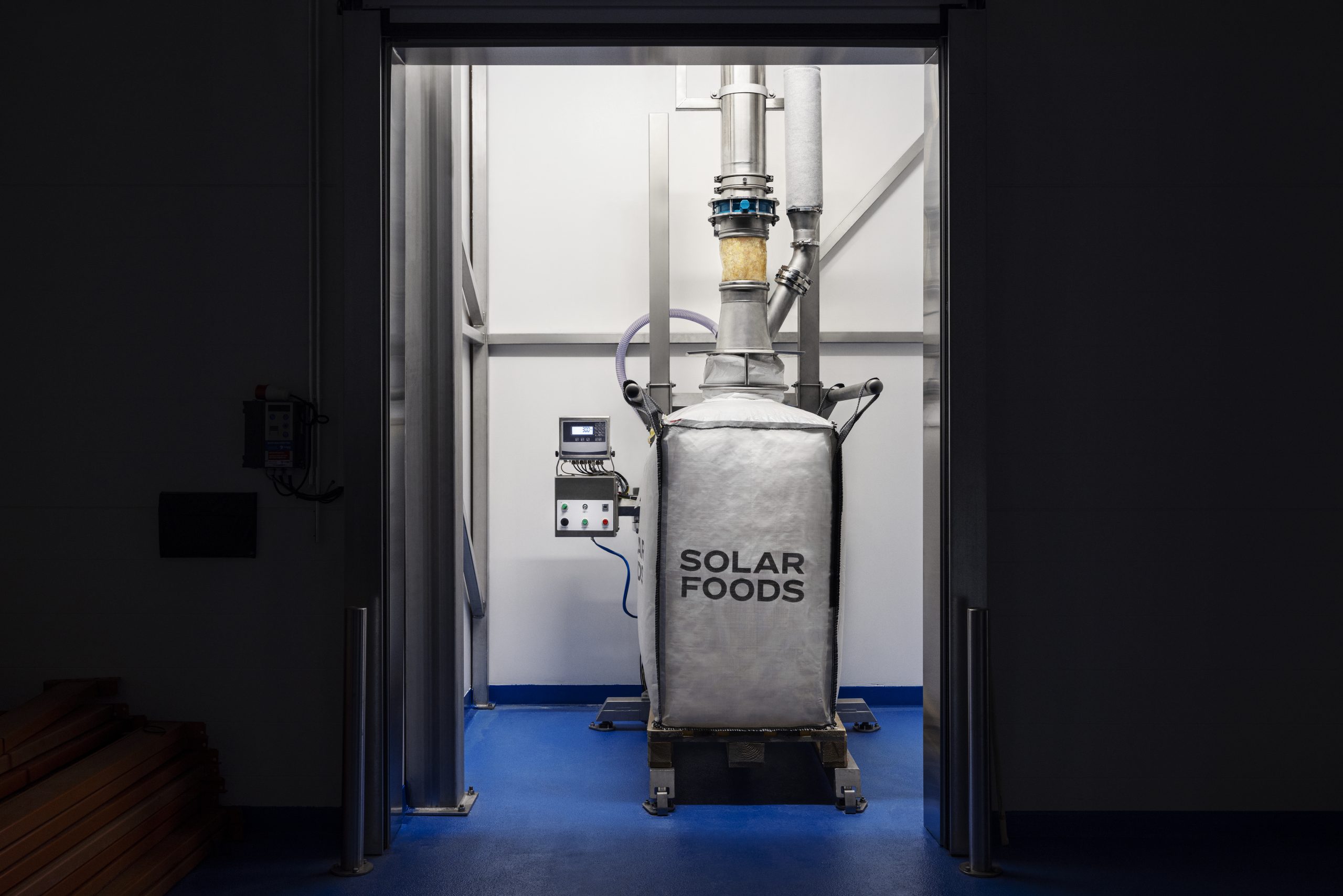Alzheimer’s and Parkinson’s disease are classic age-related disorders characterized by the accumulation of sticky protein clumps that over time damage the nervous system to erode mobility or memory. Scientists have found that chemicals extracted from the prickly pear and brown seaweed, two Mediterranean plants, are able to interfere with the build-up of this toxic protein. Extracts from the plants were able to dramatically improve the lifespan of fruit flies which had been genetically modified to develop Alzheimer’s symptoms.

Mediterranean plants hold key to delaying aging disease, study claims
More of Today's Solutions
A psychological perspective on the benefits of minimalist living
In today's society, when luxury and consumerism frequently reign supreme, the minimalism movement has developed as a potent counterbalance. While minimalism may appear to ...
Read MoreThe life-saving science of synthetic blood platelets
In the domain of medical discoveries, a surprising innovation is poised to transform the landscape of treatment for excessive bleeding: synthetic blood platelets. These ...
Read MoreWorld’s first hydrogen-powered cargo vessel to set sail in Paris this year
In a world's first, a commercial hydrogen-powered cargo vessel will make its maiden voyage later this year. Developed by French shipowner Compagnie Fluvial Transport ...
Read MoreThis ‘everlasting bubble’ could inspire future medicines
Bubbles spark human fascination, with children and adults everywhere becoming enamored when they see one of these fleeting structures. This interest also spreads into ...
Read More










